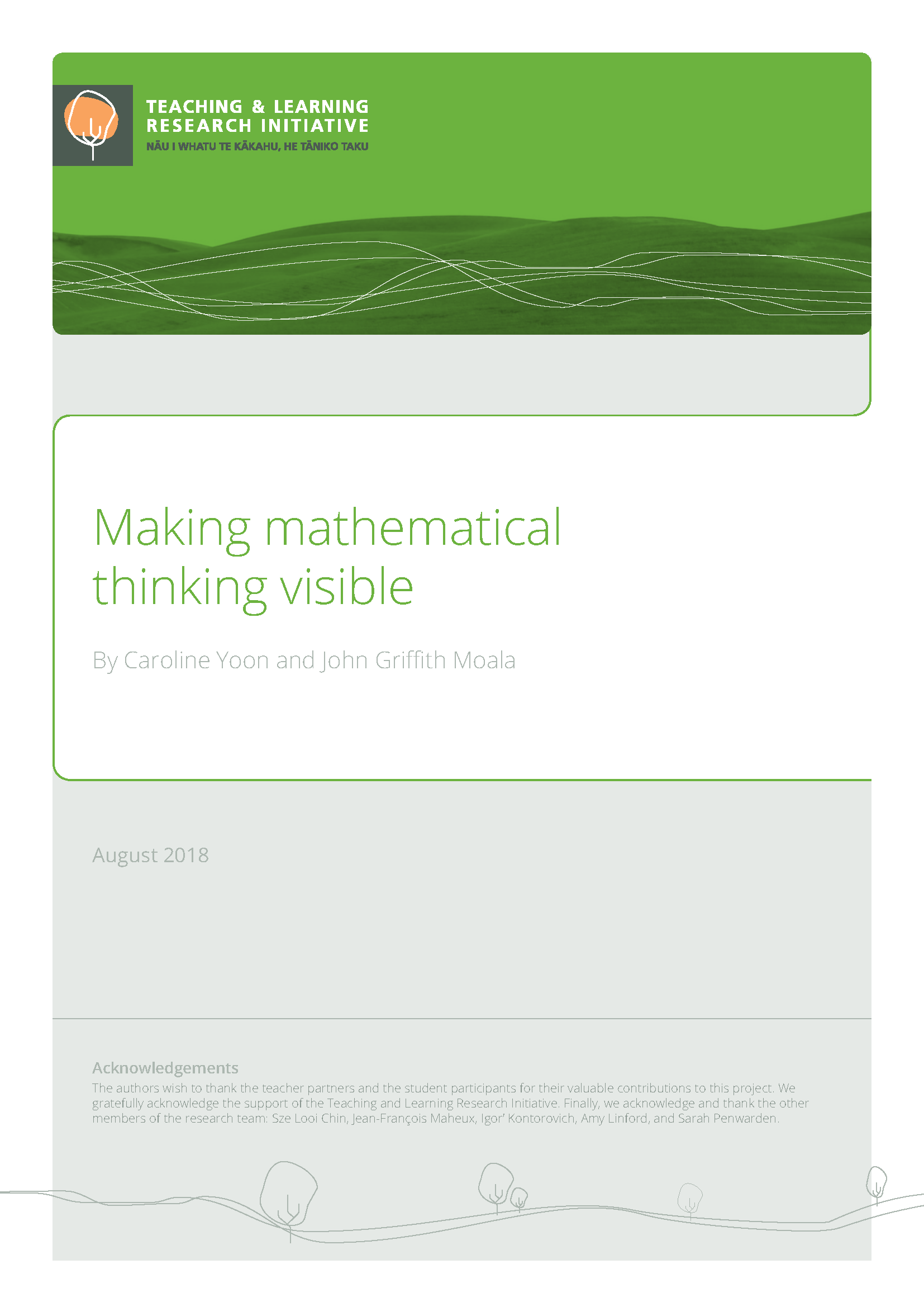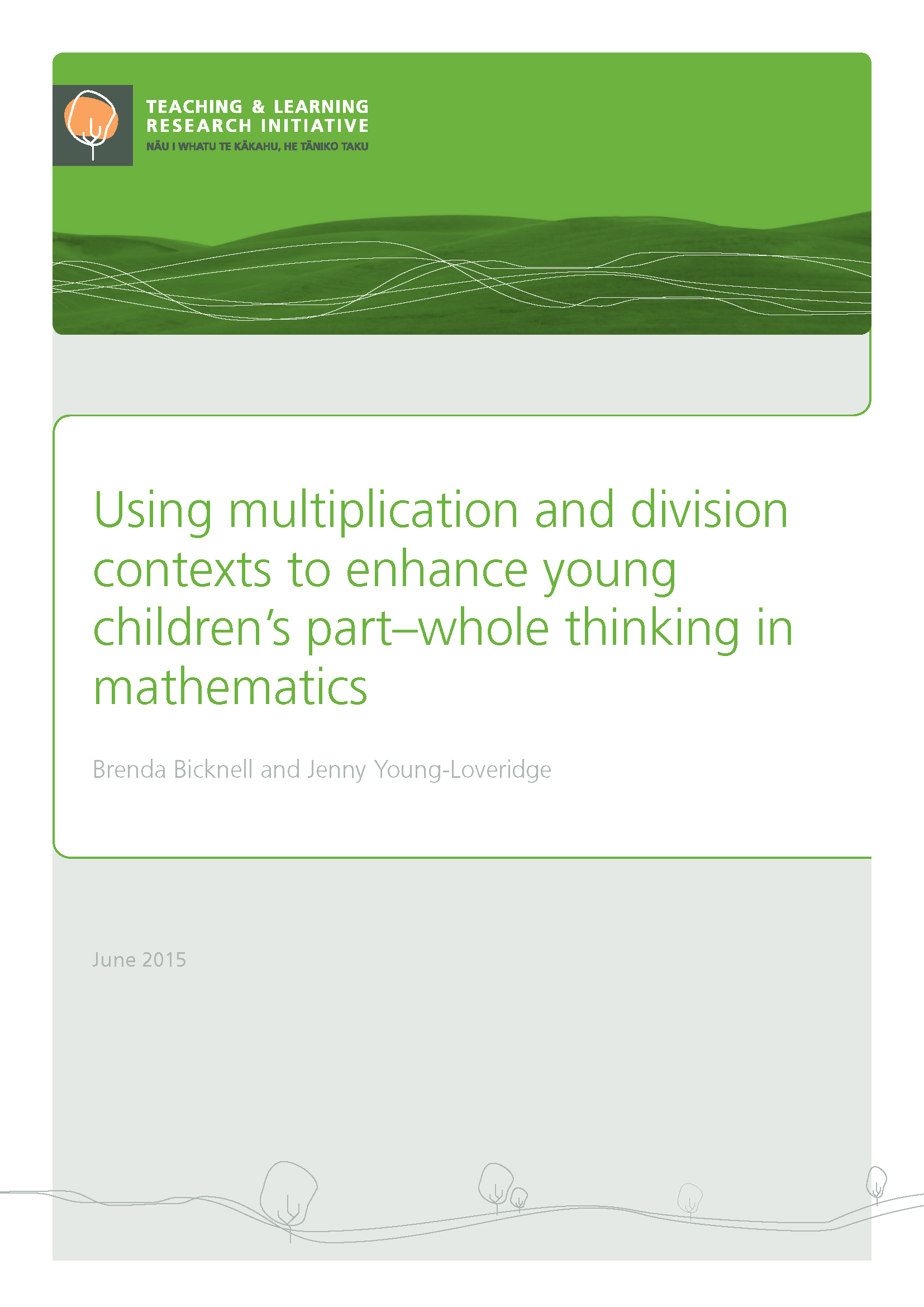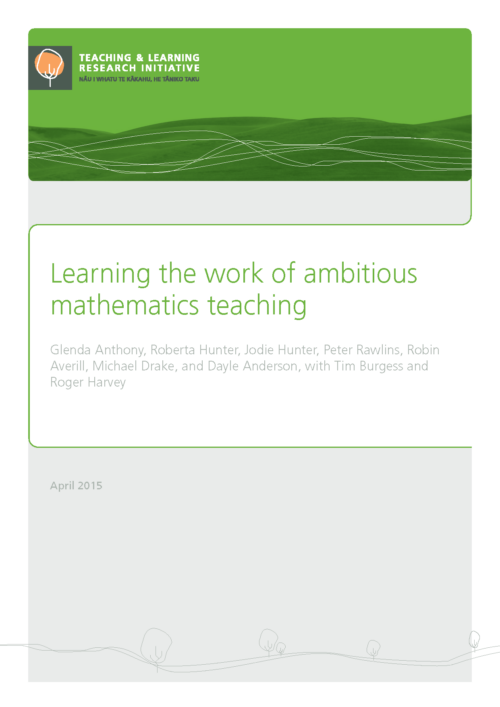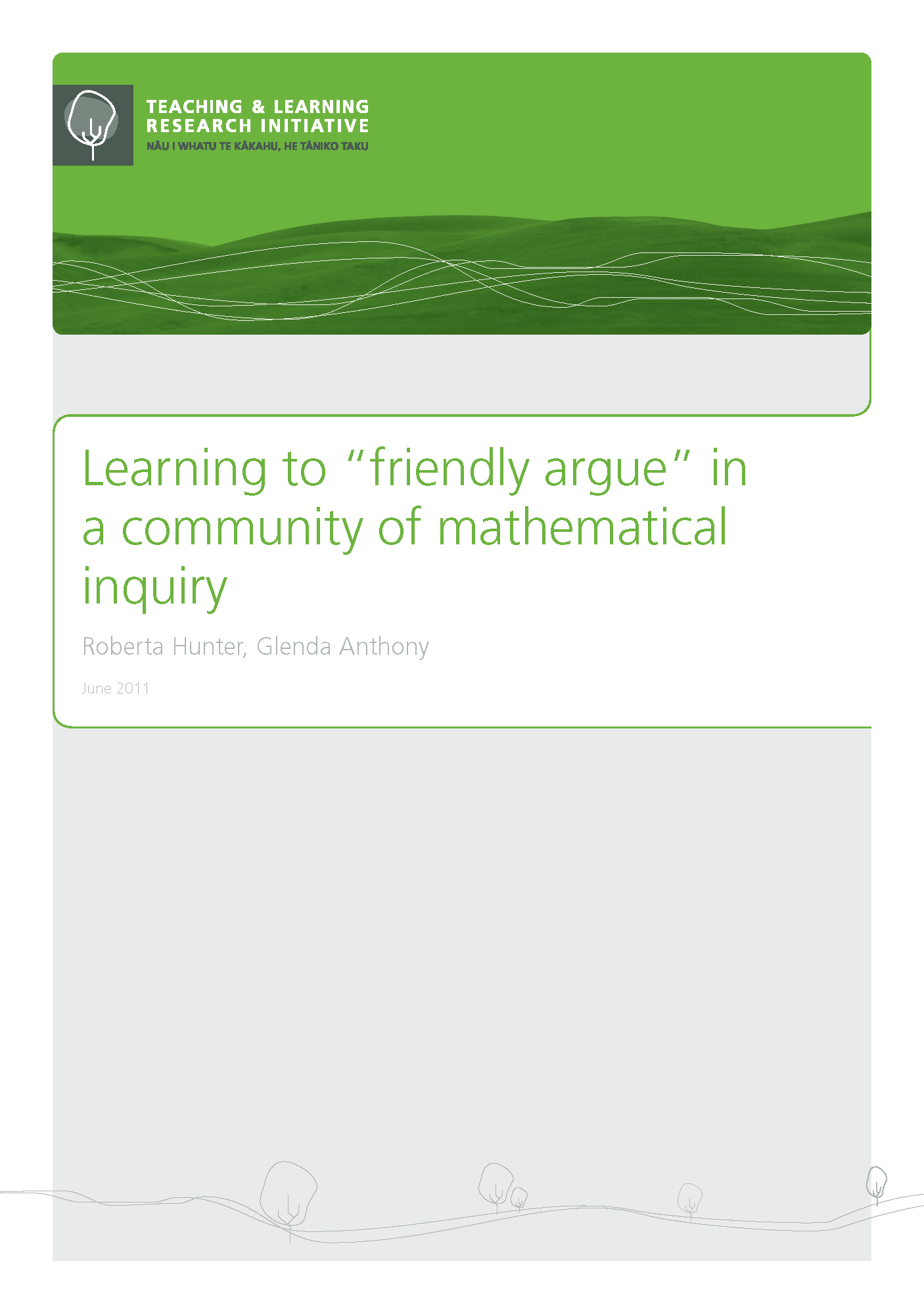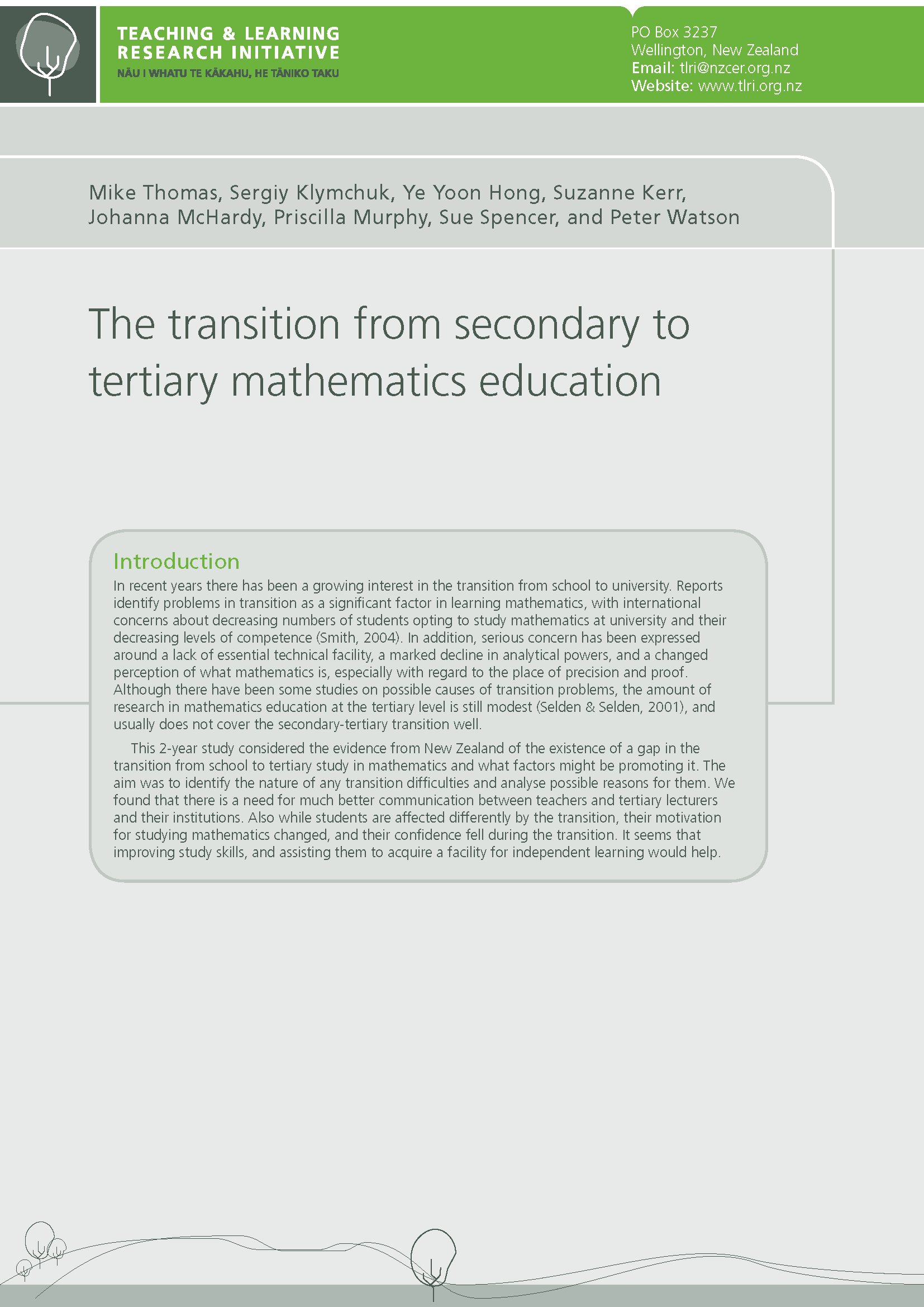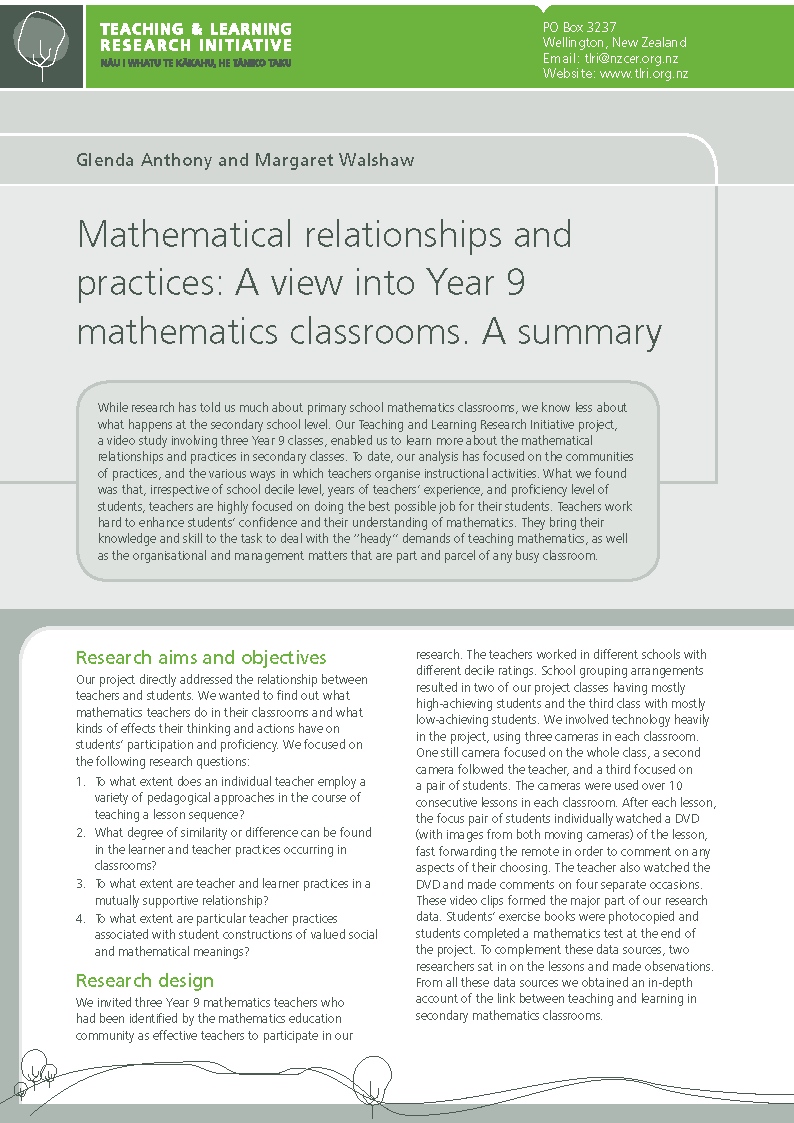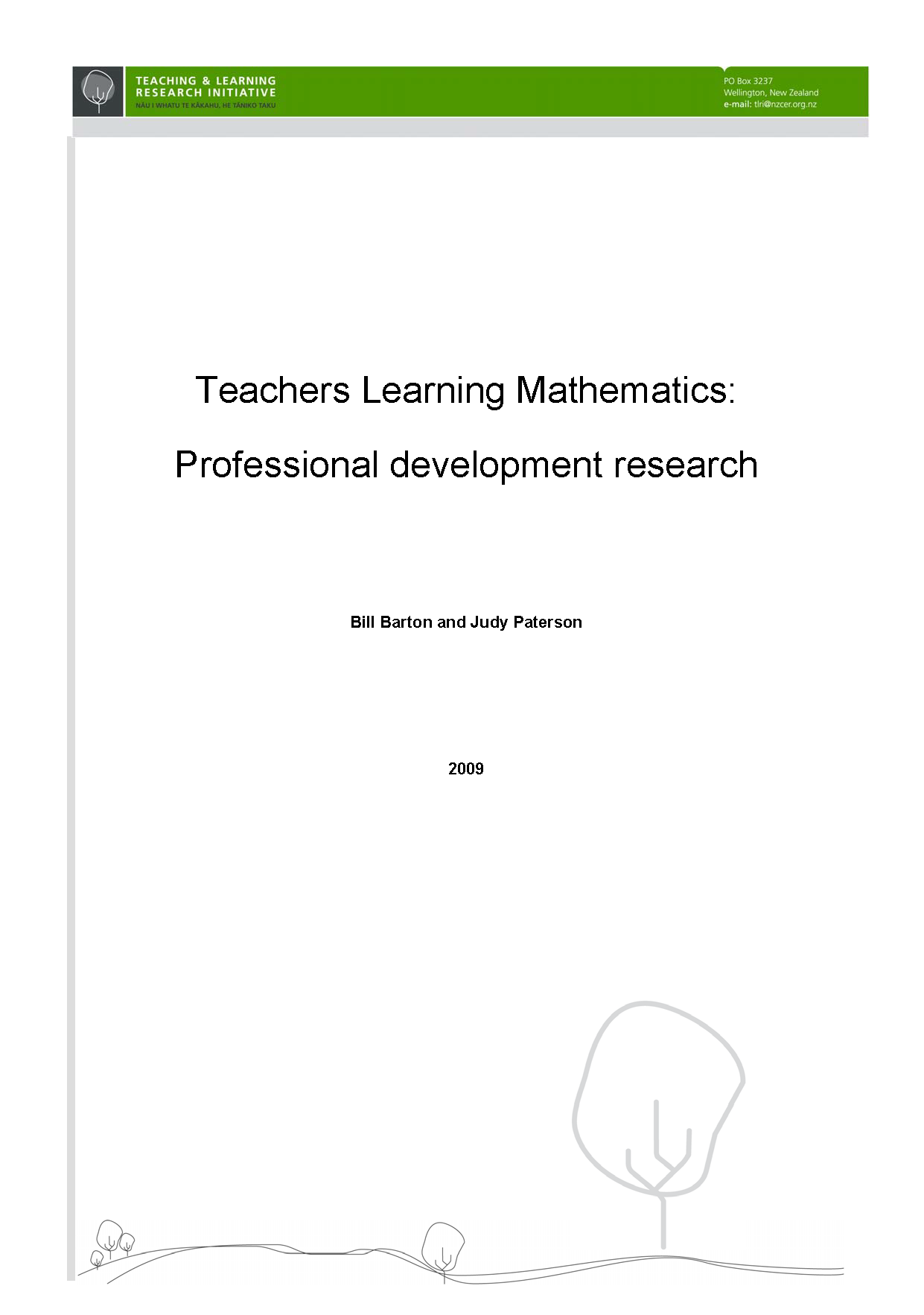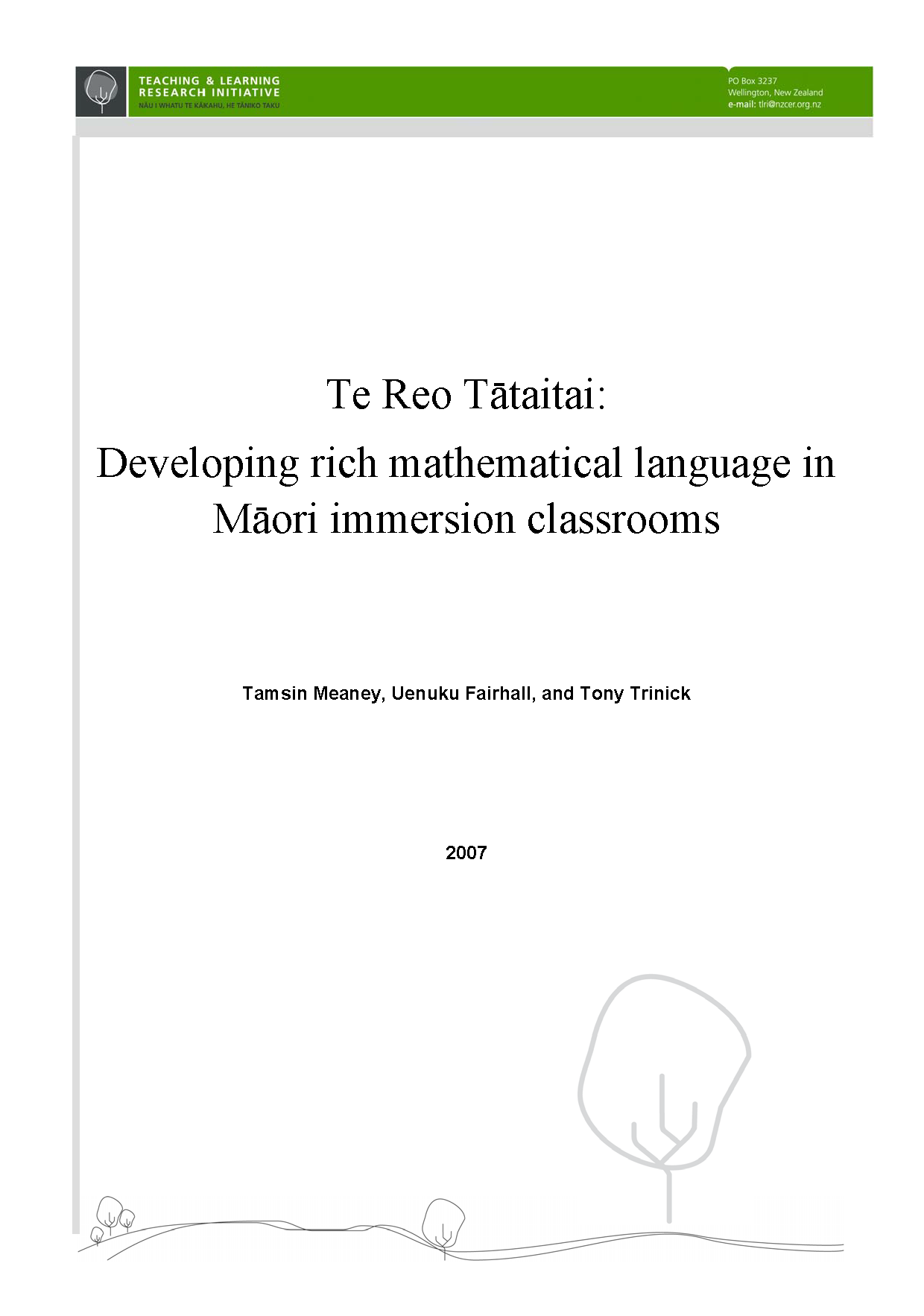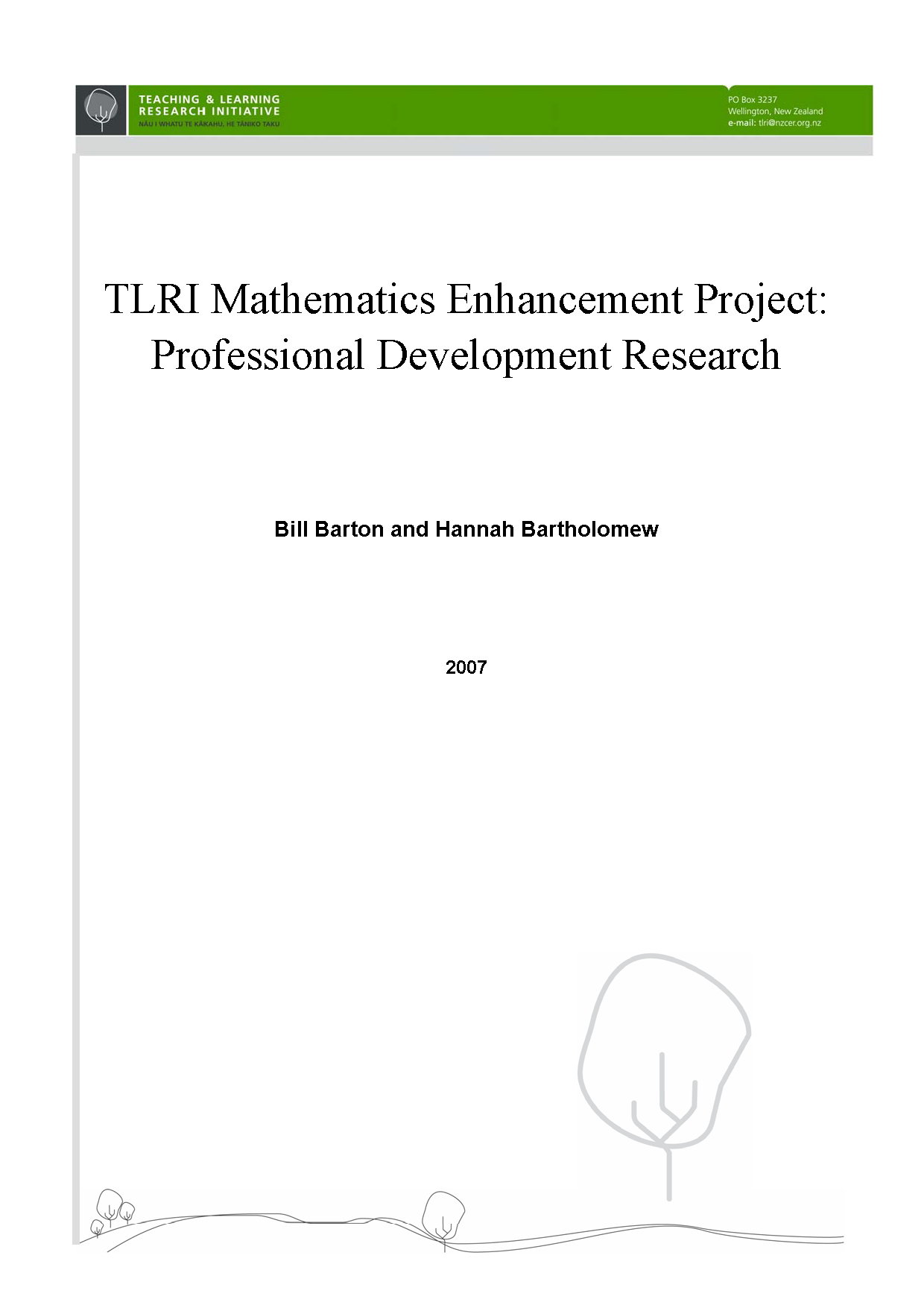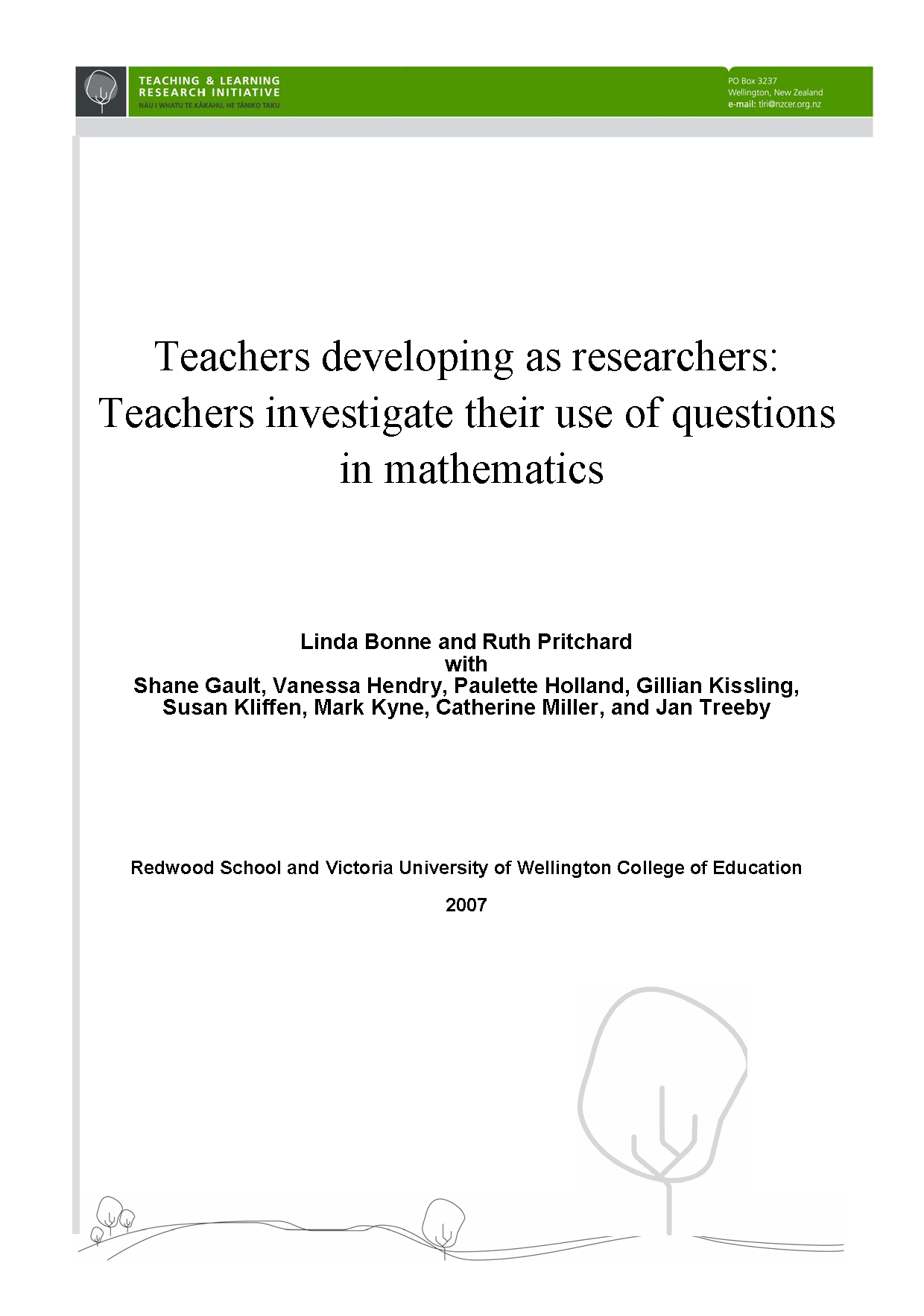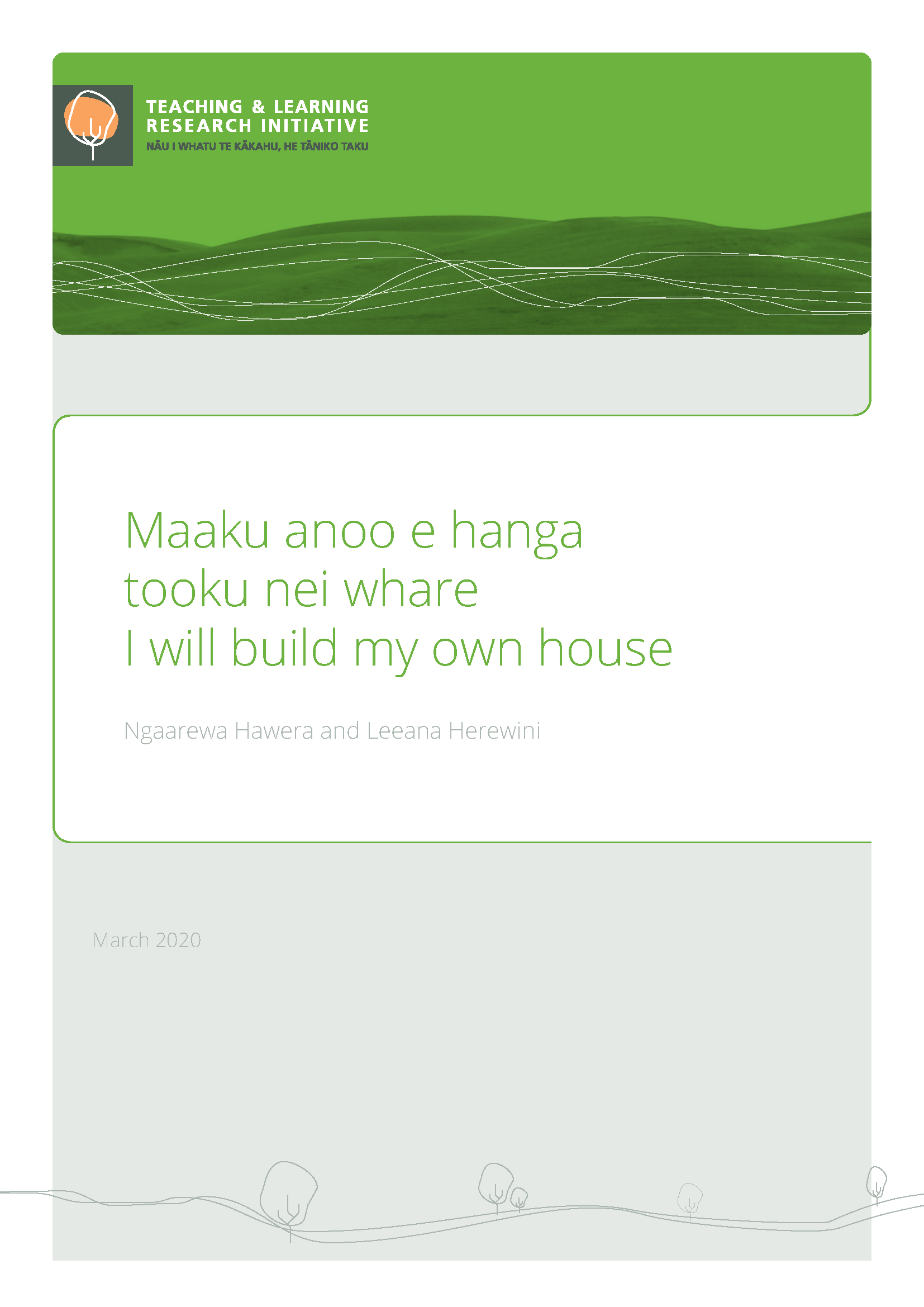
Māku anō e hanga, i toku nei whare – I will build my own house
INTRODUCTION: The context of the project The proponents of Modern Learning Environments (MLE) or Innovative Learning Environments (ILE) are from largely non-indigenous backgrounds. In Aotearoa New Zealand, research about learning mathematics in an MLE is limited and focuses almost exclusively on English-Medium (EM) settings (Bisset, 2014; Murphy, 2016; Osborne, 2013). In contrast, this research sought to contribute to the literature and knowledge space about tamariki learning paangarau (mathematics) in a Maaori-medium MLE. It provided an opportunity to locate and explore Maaori-medium (MM) ways of knowing and doing and for MM kaiako to consider the MLE space and identify characteristics of an MLE appropriate for them and their aakonga. The research grew

